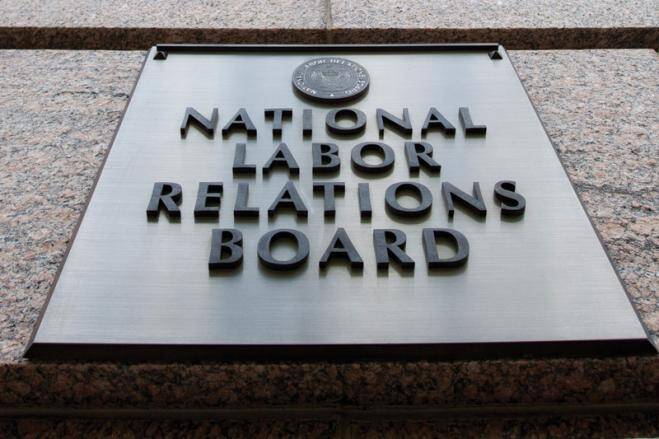Catholic social teaching on labor and work assumes that employer and worker share a relationship in which each has obligations to the other. The employer owes the worker a living wage and safe and healthy working conditions; the worker owes his or her employer a fair day’s work; both owe one another respect. Under these conditions management and labor can collaborate and contribute to the common good.
American labor and employment law, similarly, assumes that an employer has defined responsibilities toward his or her employees: to pay the minimum wage, maintain safe and healthful working conditions, treat employees equally regardless of race or creed, and so forth. But the changing American economy has thrown this legal framework into confusion: whether you work in an office, factory or restaurant you may have men and women working next to you for years but who are not official “employees” of your firm. They may be placed by a staffing service, be called “consultants” or classified (rightly or wrongly) as some other variety of independent contractor. These are examples of today’s “fissured workplace,” where the traditional powers and duties of the employer are spread across multiple firms.
Who’s the boss? A staffing agency can write payroll checks, but it can’t make the workplace safe – that really falls to the firm where a temp is placed. Federal agencies are racing to catch up with the structure of today’s labor market, often by identifying the firm and the temp agency as “joint employers.”
The Labor Board recently took a much-needed step toward recognizing how these obligations and duties play out with its recent decision that recycling workers were entitled to bargain with management at the plant where they worked – even if their paychecks had a staffing agency’s name on them.
The implications of the decision have other industries, especially fast food, in an uproar. After all, McDonald’s prescribes virtually everything about a franchisee’s business model; will corporate HQ now have to take commensurate responsibility for the wages, working conditions and well-being of the franchisee’s cashiers and fry cooks? Some corporations may have grown accustomed to enjoying the privileges of management without its obligations, but that’s not a sustainable model for a society. And American workers are definitely not lovin’ it.








